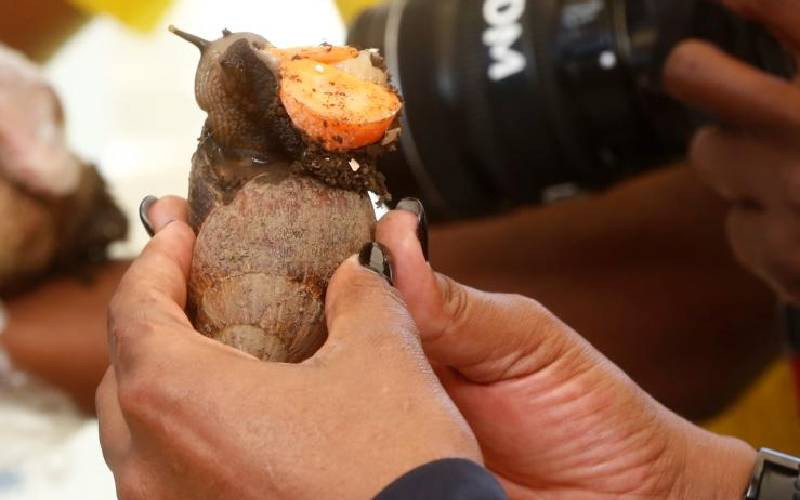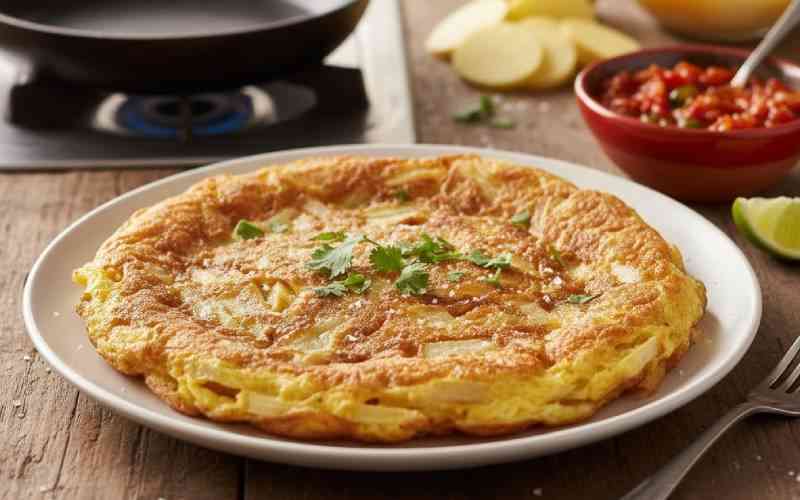
What would be a perfect gift for a teetotaler to an Anglican missionary? A bible embellished with an animal skin and in African artefacts? Wrong! Veteran politician Kenneth Matiba chose to gift his long lost missionary friend, a case of Guinness stout bottles.
When an agent of Kenya Breweries Limited (KBL) knocked on the door of Cyril Hooper in England to offer a couple of stout beers, the missionary who had once served at Kahuhia in Murang'a was not scandalised.
When he wrote to Matiba sometimes in 1975, he explained how he had utilised the beer he could not drink because of his religious faith. Apparently, Hooper had used the Guinness to trap snails which fell in love with the strong, thick, roasted grain taste drink and drowned their sorrows and souls to damnation, to the delight of the missionary.
Facts First
This story continues on The Standard INSiDER. Subscribe now for unfiltered journalism that holds power to account.
Already have an account? Login
 The Standard Group Plc is a multi-media organization with investments in media
platforms spanning newspaper print
operations, television, radio broadcasting, digital and online services. The
Standard Group is recognized as a
leading multi-media house in Kenya with a key influence in matters of national
and international interest.
The Standard Group Plc is a multi-media organization with investments in media
platforms spanning newspaper print
operations, television, radio broadcasting, digital and online services. The
Standard Group is recognized as a
leading multi-media house in Kenya with a key influence in matters of national
and international interest.

